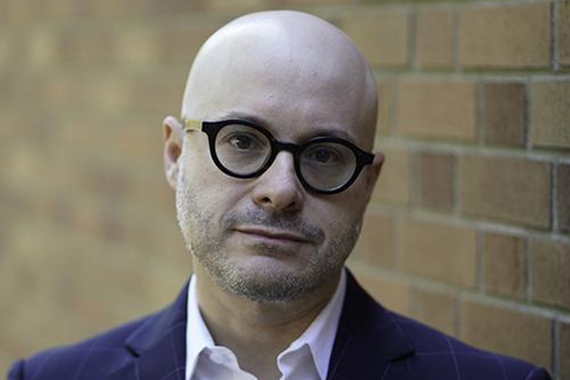Gordon Legge on Enriching the Solar Eclipse Experience for Individuals with Low Vision

The solar eclipse, seen on April 8, 2024, can be accessible to individuals with and without vision loss due to its rich multisensory exploration. Gordon Legge comments on his past experiences with the 2017 solar eclipse as an individual with low vision in an article by The Columbus Dispatch. This article was written by Walter Wu, a U of M 2023 PhD graduate in Psychology who quoted Legge on his experience viewing the 2017 total solar eclipse.
Those with varying degrees of vision loss can still experience light changes during the solar eclipse due to the intensity of daylight.
Not only with technology that transforms the sunlight into sounds, the solar eclipse’s environmental changes can be experienced without sight such as dropping temperatures and wind pattern shifts which can “add another dimension to the multisensory experience of the eclipse.” Creative ways to name the stages of the eclipse like “banana” or “cat's eye” can be used to describe what the eclipse looks like to those with lower vision.
Gordon Legge, PhD, Distinguished Mcknight University Professor, director for the Minnesota Laboratory for Low-Vision Research, and co-director of CATSS in the Department of Psychology at the University of Minnesota.
Composed by Madison Stromberg, communications assistant.


